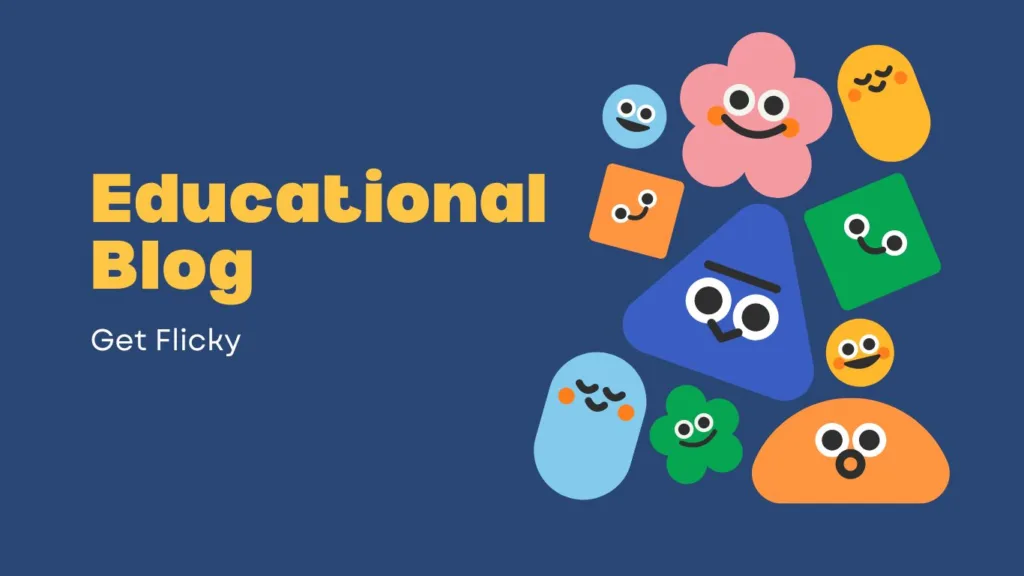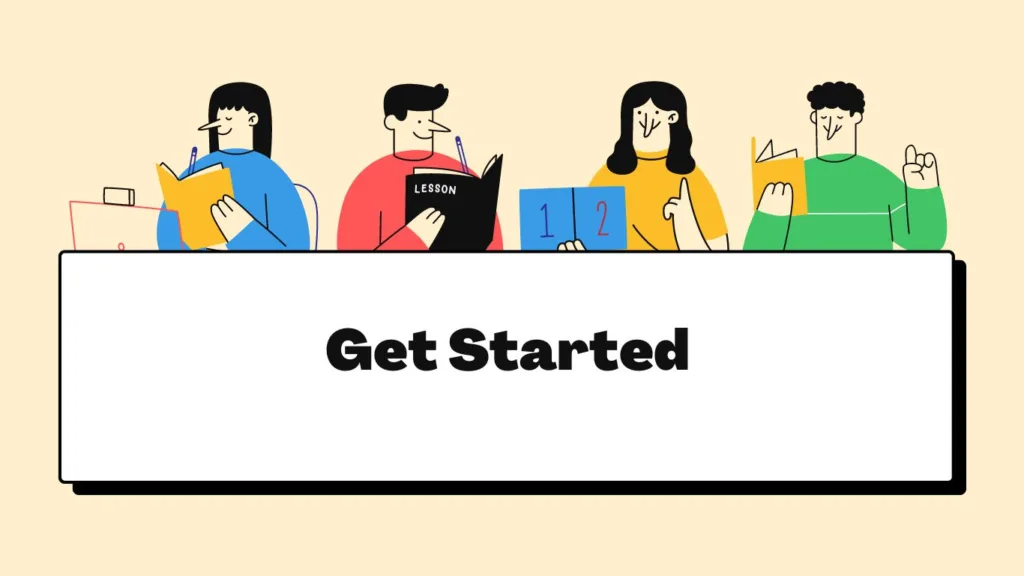If you want to stand out as a content creator, write blog posts that teach and inspire. This is a great way to build trust, grow your audience, and show your expertise. An impactful post isn’t just informative—it’s educational, actionable, and structured to help readers achieve something specific.
Whether you are a teacher, marketer, or leader, this guide will help you create an education guest blog that truly benefits others. It will also show how platforms like Hostinger can support your success from the star

Why Start an Education Guest Blog?
The digital world is full of opportunities, and launching an educational blog can lead to many possibilities. Whether you are a teacher, a student, or someone who loves a topic, an educational blog lets you:
- Share Knowledge: Spread your expertise to those eager to learn.
- Build a Community: Engage with like-minded individuals and create a network.
- Earn Income: Monetize your blog through ads, affiliate marketing, or selling courses.
- Personal Growth: Blogging can improve your writing skills and deepen your understanding of the subjects you teach.
Start With the Reader
Before you even write your title, take time to understand the blog where your guest post will appear.
- Who reads the blog? Are they beginners or experts?
- What problems are they trying to solve?
- What tone and format does the blog usually use?
The more your writing fits their audience and style, the better your post will perform.
Choose a Topic That Solves One Clear Problem
A great educational post focuses on one teachable moment. Don’t try to cram too much into one article. Instead, zoom in on a single topic your audience wants to understand.
Good examples:
- How to Use Free Tools to Build a Lesson Plan
- A Beginner’s Guide to Creating a Student Portfolio Website
- Simple Strategies for Teaching Digital Literacy Remotely
Your job is to explain that one thing better than anyone else has.
Structure Your Post Like a Mini-Lesson
Readers love content that feels clear and organized. Think of your blog post like a short online class:
- Hook – Start with a relatable problem or question.
- Explain – Break the topic into easy-to-understand parts.
- Steps – Walk through the solution with numbered instructions or bullet points.
- Examples – Share a real story, screenshot, or case study.
- Recap – End with a simple summary or recommended next step.
If it reads like a well-paced tutorial, your post will get more engagement and shares.
Add Real Tools and Walkthroughs
Educational content becomes more valuable when it includes real tools that readers can use right away.
For instance, if you’re writing about launching an online learning site, show readers how to:
- Register a domain using Hostinger
- Set up WordPress with a one-click install
- Choose a clean, professional theme for tutorials
- Add essential plugins for speed and security
By showing readers how, not just what, you become a go-to resource.

Keep Your Language Clear and Friendly
Speak like a person, not a textbook. You’re not trying to impress readers—you’re trying to help them understand.
Use:
- Short sentences
- Everyday words
- Defined terms when needed
- Examples to make your points stick
If a high school student could follow your post, you’ve done it right.
Format for Readability
Use formatting that makes it easy to scan:
- Headings and subheadings (like these!)
- Bulleted and numbered lists
- Short paragraphs
- Bolded keywords and action phrases
You can also add internal links (to the host blog’s articles) and external links (to tools like Hostinger) for added value.
Close With a Bio That Builds Trust
At the end of your post, include a short author bio. Mention your experience related to the topic and include a link to your website or LinkedIn (if allowed).
Example:
Alex Reed is a content designer who helps educators build better learning experiences online. Learn more at alexreed.io.
Hosting your own site on a trusted platform like Hostinger makes your personal blog fast and secure. It is also easy to maintain. This is important when other bloggers visit your site after reading your guest post.
Creating great content is only half the battle; you also need to promote your blog to attract readers. Here’s how you can do it:
FAQs
What is a guest blogger?
A guest blogger is someone who writes and publishes an article on a website they don’t own. This is typically done to share expertise, reach a new audience, and build credibility in a specific niche.
How do I choose a niche for my educational blog?
Select a niche that you are passionate about and have expertise in. It should also have enough audience interest to sustain a blog. Use tools like Google Trends to identify popular topics.
What makes a great guest blog post?
A high-quality guest post should be:
Actionable and informative
Original and well-researched
Clear, structured, and engaging
Relevant to your audience
Optimized for search without keyword stuffing
Is it necessary to have a domain name and hosting?
Yes, having a custom domain name is important. A good hosting provider, like Hostinger, also helps. Together, they make your blog look professional. It also keeps your blog accessible to your readers.
Why should I use Hostinger for my blog?
Hostinger offers affordable hosting plans, fast loading speeds, and excellent customer support, making it a reliable choice for bloggers of all levels.